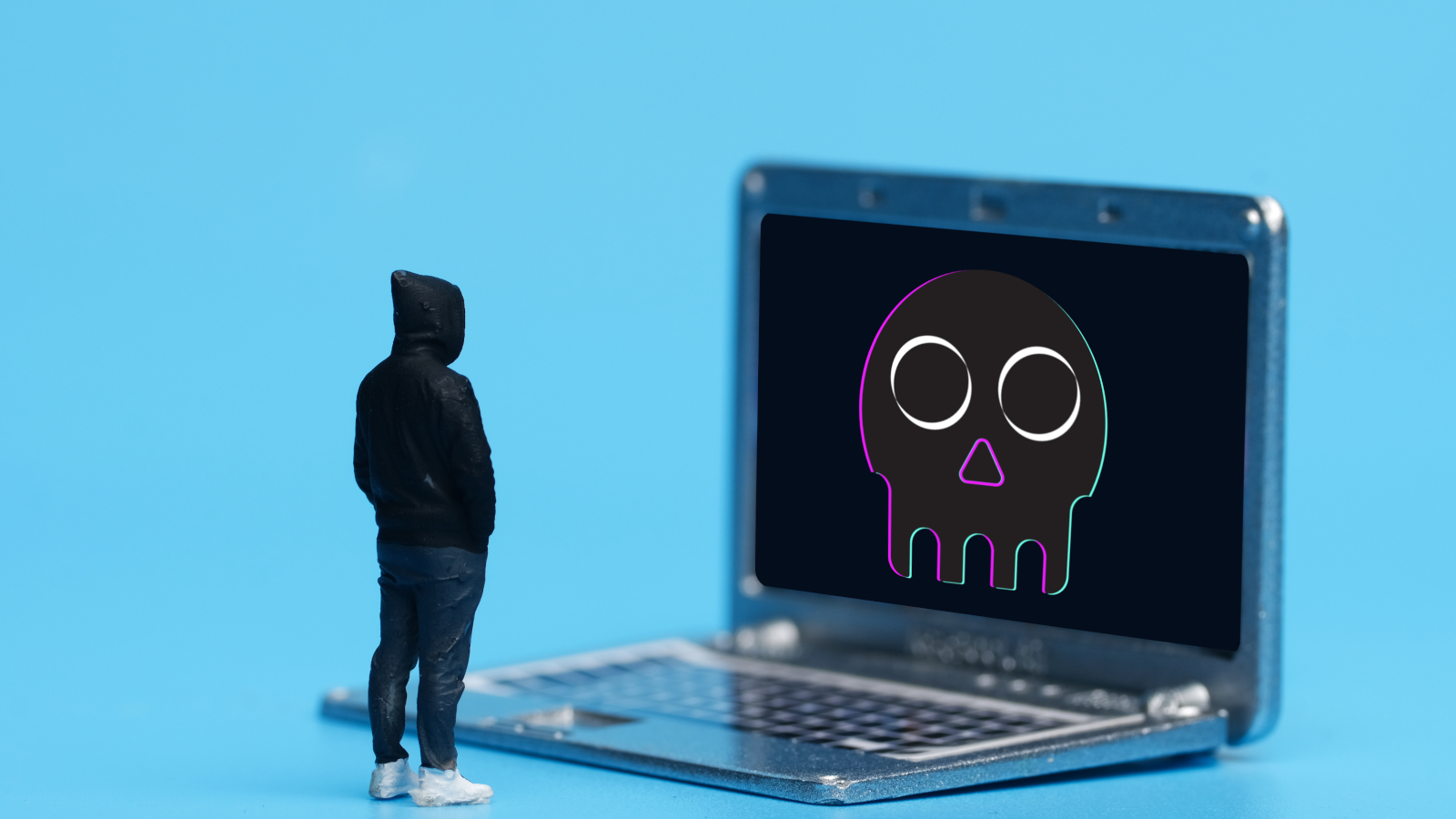If you run a small or medium enterprise (SME) in the UK, you might be surprised to learn that your printers and scanners could be putting your business at risk. A new study by Sharp, a leading provider of business technology products and services to SMEs, has revealed that a staggering one-third of UK SMEs have no business cyber security measures in place to protect their printers and scanners from cyberattacks. What’s more, 16% of them have already suffered a printer or scanner security breach. This shows how urgent it is for SMEs to address the ‘hidden in plain sight’ cyber threats that often lurk within everyday business functions.
We understand that it’s easy to overlook the potential risks associated with printers and scanners. After all, they seem like harmless devices that simply print and scan documents. But the truth is, they are connected to the internet and often contain sensitive information such as invoices, contracts, and customer data. This makes them an attractive target for hackers who can use them to spy on your business, steal your data, or launch attacks on other devices in your network.
Here’s another shocking revelation: Less than a quarter of SMEs educate their employees about printer and scanner IT security (23% each). This is particularly alarming, considering that these devices are often used by multiple people and can be accessed remotely. It’s essential to remember that cybercriminals are constantly looking for ways to exploit vulnerabilities, and uneducated employees can unintentionally give them an open door to your system.
“Big stories about cybercrimes enabled by complex security technology earn the most media attention, but it’s the more everyday business functions that can be the issue in SMEs,” warns Colin Blumenthal, Vice President, IT Services at Sharp Europe. “More often than not, day-to-day security essentials and potential weak spots such as printers are overlooked in their document, device, and network security. These are threats hidden in plain sight.”
Another factor that can affect your business cyber security is the hybrid working model, which allows your employees to work from both the office and home. This can pose some challenges, such as ensuring consistent security policies across different locations and devices and protecting your data from unauthorized access. According to the study, hybrid working is seen as a security concern for 38% of SMEs, yet only 41% cover it as part of their current IT security training.
“For smaller businesses without large IT resources, the reality of the ever-expanding threat landscape and challenges presented by hybrid working can feel daunting,” says Blumenthal.
It’s time to take action and protect your business from these hidden dangers. Implementing robust business cyber security measures can shield your sensitive data, prevent financial loss, and avoid damaging your reputation. Regular updates and backups can also minimize downtime and boost productivity.
Cybercriminals are always on the lookout for outdated systems and unprotected devices. Failing to keep your systems up to date can lead to catastrophic consequences, including identity theft, fraud, and reputational damage. Outdated systems can also cause slower performance, frequent crashes, and decreased efficiency.
But here’s the silver lining: For SMEs struggling to navigate the cyber threat landscape, there is hope. IT support services can offer invaluable guidance and assistance in maintaining up-to-date systems, updating software, and securing all devices. As Blumenthal wisely notes, “Seeking expert advice can help ensure the right IT security decisions are being made, a holistic security view is being taken, and that solutions are always up to date.”








